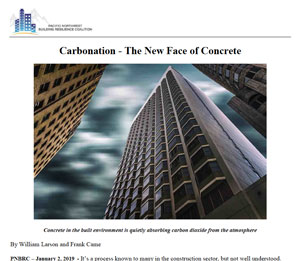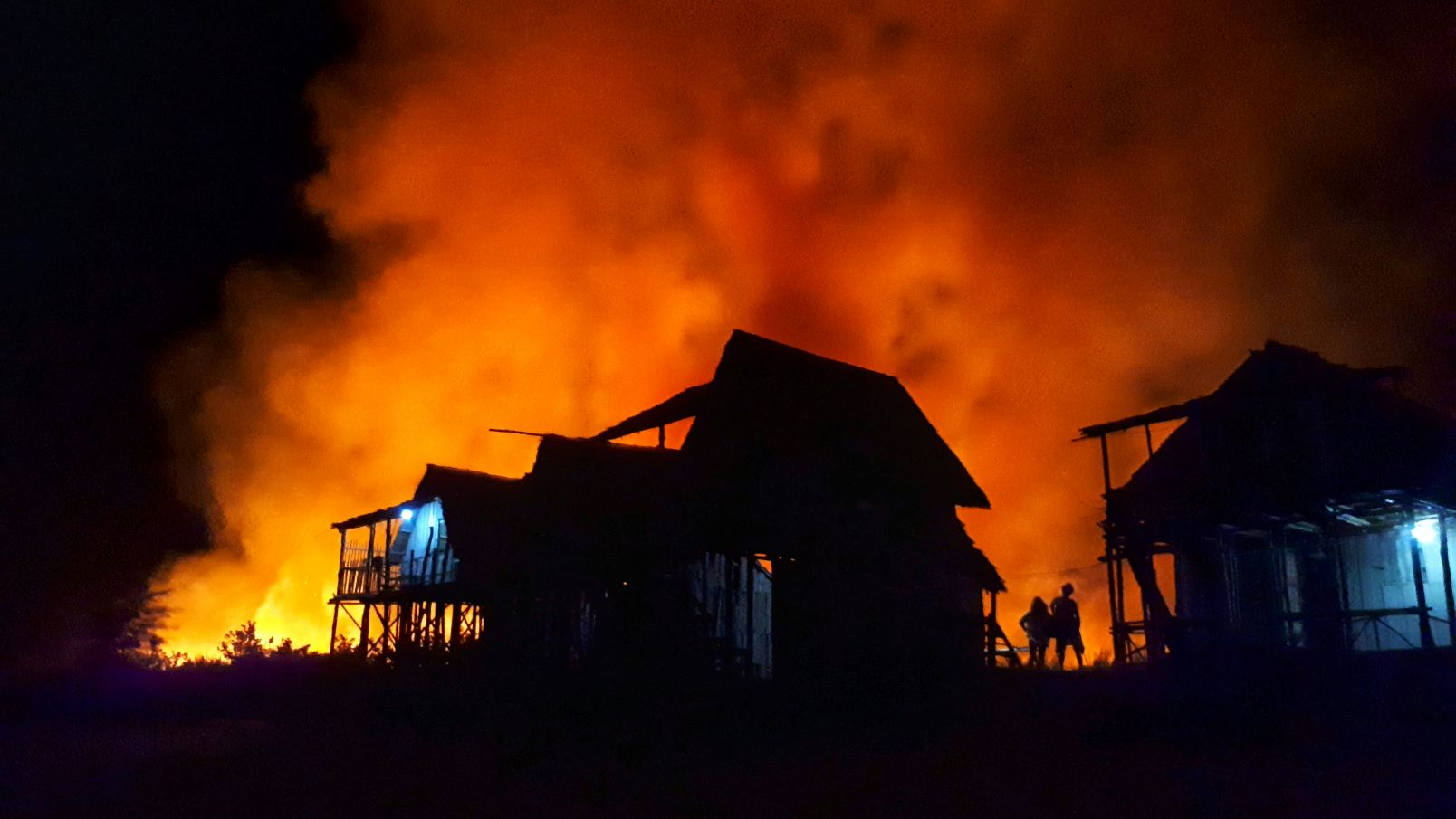

New Low-Carbon Cement and Concrete Centre of Excellence Proposed


JULY 19, 2024
The U.S. Department of Energy Plans To Create Low-Carbon Cement and Concrete Centre of Excellence To Reduce Industrial Emissions
The Department’s Industrial Efficiency and Decarbonization Office (IEDO ) intends to create the Centre to accelerate the development and adoption of novel low-carbon cement and concrete technologies.
Up to $9 million in funding for U.S. national laboratories to develop and lead the Centre is available through an upcoming competitive lab call.
The Centre will support collaboration across academia, national labs, government agencies, and corporations to develop and validate low-carbon cement and concrete technologies, increase the industry’s economic competitiveness, and help the U.S. reach net-zero carbon emissions by 2050.
The Centre is part of DOE’s strategy to leverage the National Labs’ convening power to support industrial decarbonization technologies from idea inception to adoption on U.S. factory floors.
Through offices such as the Office of Technology Transitions, and the Office of Clean Energy Demonstrations, DOE is investing in generating technology innovation and accelerating the commercialization, market demonstration, and demand-side adoption of those technologies.
The Cement and Concrete Centre of Excellence will support investments like these by bringing together the research community with market analysis experts and customers to validate technologies and ensure successful, data-driven market integration.
Together, the offices anticipate announcing additional opportunities for the national labs and its partners to support DOE’s inception-to-adoption efforts, beginning with initiatives to commercialize mature, low-carbon technologies.
Concrete is the most used human-made material on earth and is vital for housing, infrastructure, and a wide range of critical construction projects.
Concrete—and the cement used to make it—is critical to the U.S. economy, and its demand is expected to double by 2050. But as demand for concrete increases, so will its carbon footprint. The cement and concrete industry is responsible for 2% of energy-related CO2 emissions in the United States.
The industry’s value chain, coupled with its use of high heat and the emissions intrinsic to its production process, makes decarbonizing challenging.
Concrete production is incredibly complex, with an emissions profile that starts at the quarry and continues until the concrete is poured.
Developing low-carbon cement and concrete materials and the codes and standards for safe adoption will require feedback, evaluation, and dialogue across the full ecosystem of experts involved at each step of the production process.
The Centre will be uniquely positioned to bring together researchers, engineers, code and standards developers, and other key stakeholders across the full value chain to model and evaluate new technologies and move them from the lab toward market-ready adoption.
The centre will also de-risk new decarbonization technologies for first movers by developing tools to predict material performance in different service environments. The Centre will expand the use of these new solutions, facilitate data acquisition in a live environment, and promote practical applications that reduce cost and increase sustainability.
IEDO seeks a Centre that will address the following priorities:
- Test method development. New and/or improved tools and techniques tailored for new binder chemistries to be used in concrete applications. The new and/or improved tools and techniques should address phase formation and carbon uptake evaluation. A correlation between chemistries and durability is expected.
- Modelling. Methods to predict performances using data-driven tools. Modelling should consider predictions about ideal binder formulations to achieve performance (fresh or in-service). Attention to durability under a range of environmental conditions should also be considered.
- Data collection and monitoring. Nondestructive characterization tools and techniques for in situ/field monitoring of concrete applications. The objective is to allow data acquisition from a concrete element that could be in service. Next-generation sensors and instrumentation, including non-destructive techniques, are encouraged.
- Carbon accounting. Methodologies for calculating and reporting emissions in selected applications and comparing them to a designated baseline. The data obtained via in-house testing or provided by industrial partners will be analyzed and used for lifecycle analysis and support to Environmental Product Declarations.
DOE national laboratories and DOE plants and sites can receive funding from this upcoming lab call. National laboratories are encouraged to leverage existing infrastructure and collaborate with universities and other entities.
Proposals should allocate sufficient resources to address commercialization challenges and barriers.
_______________________________________
The Pacific Northwest Building Resilience Coalition, a sponsor of the PNWER’s 2024 Annual Summit in Whistler, British Columbia, will provide a Keynote Session on Designing for Resilience on Tuesday, July 23, 2024. Don’t miss this opportunity to learn how to prevent catastrophic failures when disasters happen. More information is available here.
__________________________________________
Recent Posts
Insurance Pricing: Navigating a New Era of Risk
The growing frequency and severity of climate-related disasters present a significant challenge for the insurance…
Designing for Resilience … It’s A Must
We see far too often structures built to current code that lack planning and design…
What are the Real Benefits of Designing for Resilience
While designing for resilience requires initial investments, the long-term payoffs often far outweigh these costs.…
Reducing Disaster Risks and Protecting Insurability in the Pacific Northwest
Proactive measures to enhance resilience and preparedness are critical to mitigating insurability risks. This will…
How to Achieve More Resilient Building Codes
More comprehensive disaster prevention perspectives are needed to enable communities better to withstand the increased…
Tariffs Detrimental to U.S. – Canada Relationship
The Pacific Northwest Economic Region (PNWER) has for decades recognized the critical importance of robust…

